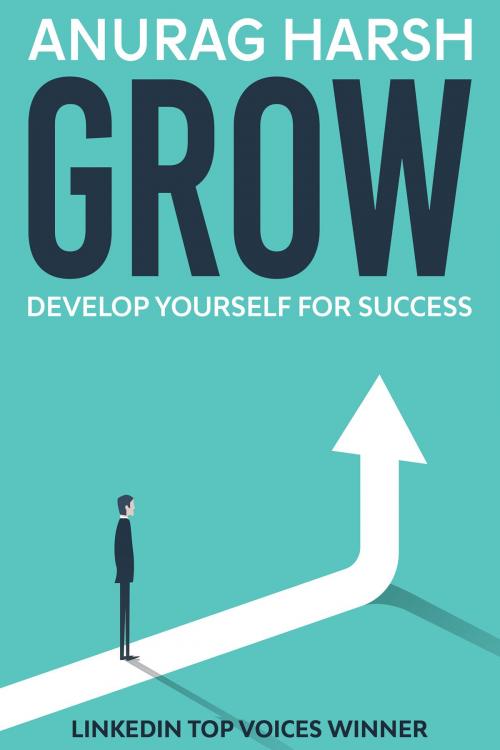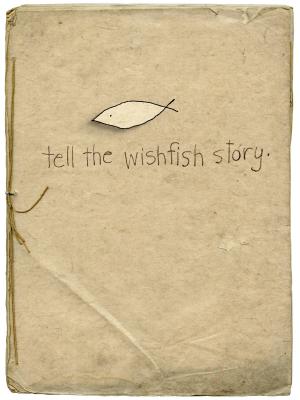| Author: | Anurag Harsh | ISBN: | 9781483599670 |
| Publisher: | BookBaby | Publication: | April 21, 2017 |
| Imprint: | BookBaby | Language: | English |
| Author: | Anurag Harsh |
| ISBN: | 9781483599670 |
| Publisher: | BookBaby |
| Publication: | April 21, 2017 |
| Imprint: | BookBaby |
| Language: | English |
The story you tell about yourself affects how far you go in life. If you describe yourself in terms of failure, you are more likely to fail. If you describe yourself in terms of success, you are more likely to succeed. A pessimistic outlook assures a pessimistic perception and worldview. The opposite worldview assures the opposite effect. The story you tell about yourself isn’t all it takes to succeed, but it’s a large part of the equation. The story you tell about yourself can get you through a rough patch. If you believe yourself to be a warrior, adaptable and capable, willing to learn new skills, meet new people, and accept that you have flaws and can accomplish your goals despite them—or even because of them—then you’re in a much better position than the average person to get where you want to be in your career. This description, however, doesn’t apply to the average person. The average person operates with fear, skepticism, and is easily discouraged by defeat. It’s unsavory to say and it’s unsavory to accept. Frankly, some of life’s biggest and most important lessons are unpalatable. But that doesn’t make them any less insightful or true. For me, the journey of accepting my own imperfection has brought me to the place I am. I accept my imperfections as a catalyst for transformative growth and gains. In this book, Grow - Develop Yourself for Success, I explore the often maligned approach to self help and career development that rests on the belief that our flaws and our imperfections can unlock our success. I won’t couch my language with feel-good terms. I won’t placate you. My goal here is to arm you with practical and potent tools for self-exploration so that you can achieve your goals and be better than you are now. Your new and improved story starts now.
The story you tell about yourself affects how far you go in life. If you describe yourself in terms of failure, you are more likely to fail. If you describe yourself in terms of success, you are more likely to succeed. A pessimistic outlook assures a pessimistic perception and worldview. The opposite worldview assures the opposite effect. The story you tell about yourself isn’t all it takes to succeed, but it’s a large part of the equation. The story you tell about yourself can get you through a rough patch. If you believe yourself to be a warrior, adaptable and capable, willing to learn new skills, meet new people, and accept that you have flaws and can accomplish your goals despite them—or even because of them—then you’re in a much better position than the average person to get where you want to be in your career. This description, however, doesn’t apply to the average person. The average person operates with fear, skepticism, and is easily discouraged by defeat. It’s unsavory to say and it’s unsavory to accept. Frankly, some of life’s biggest and most important lessons are unpalatable. But that doesn’t make them any less insightful or true. For me, the journey of accepting my own imperfection has brought me to the place I am. I accept my imperfections as a catalyst for transformative growth and gains. In this book, Grow - Develop Yourself for Success, I explore the often maligned approach to self help and career development that rests on the belief that our flaws and our imperfections can unlock our success. I won’t couch my language with feel-good terms. I won’t placate you. My goal here is to arm you with practical and potent tools for self-exploration so that you can achieve your goals and be better than you are now. Your new and improved story starts now.















